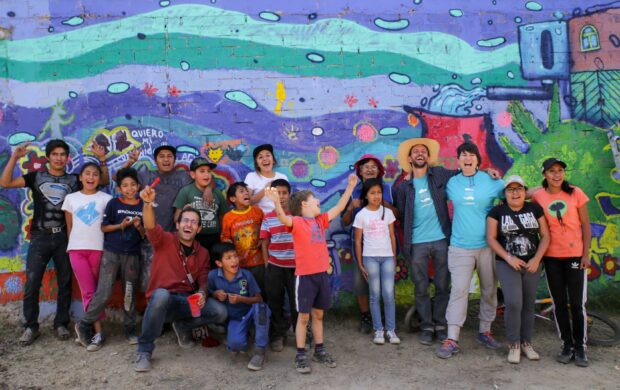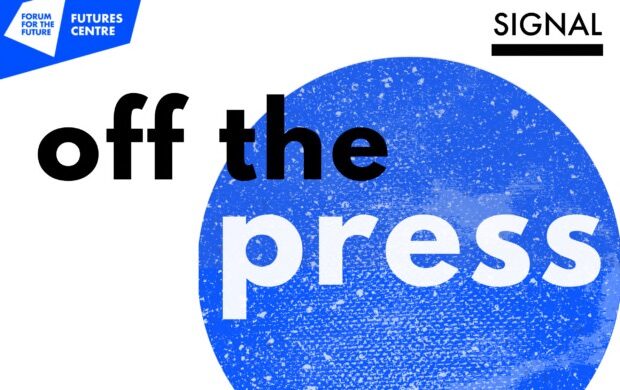Last week we asked you, “Who do you want to play a role in shaping your future community?” This was the third week of a two-month series exploring the empowerment of young people for thriving communities, to shape the 2044 strategy of the YMCA.
We ran a poll asking you to rank different institutions to say which you would most want to impact your community in the future, drawing responses from Austria, Brazil, Canada, Kenya, South Africa, the UK and the US. Educational institutions ranked most highly. What does this say about the value you place on skills and adaptation for our changing world?
This perception of the importance of education was also seen in a comment from a student and YMCA member in Togo on Twitter. We asked what young people need to make their community more sustainable, to which they replied: “Encourage and engage the maximum number of young people for development through education and change of mentality” – again, emphasising the need for adaptation inside each one of us.
The role of education was followed closely by youth organisations. This indication of the value they can bring was also supported on social media: a Twitter user in India highlighted the impact of a youth network tackling waste management and water scarcity, using the hashtag #youthforchange.
The third place went to governments and political leaders. Additional suggestions in response to the question ‘Who do you want to play a role in shaping your future communities?’ included service clubs and people with disabilities – again showing interest in action to build social cohesion across divides through active citizenship. Is there a greater role for youth organizations in providing social services and promoting community-based action?
Another suggestion was to put libraries at the heart of communities, with the comment that these offer “a meeting place for people of all ages where community programs can be provided. Speakers, games nights, book clubs, education, after school programs, seniors programs, taxes, literacy hub, arts classes – so many possibilities. It is also a place where people can access computers, especially for those that cannot afford one.” Here we see an interest in building connections across generations, providing both entertainment, personal development opportunities and care, while also addressing issues in access to resources – particularly in a world where life is increasingly online.
Parents and families also featured in two comments, emphasising the importance of close connections in building community.
This coming week we will be delving into the answers more deeply, asking how these institutions need to adapt to allow young people to have more say: As 7,500 educational institutions commit to equipping young people for a changing climate, what should they do first? In politics, should the voting age be lowered to engage more young people in policy debates? Which social structures – from families to welfare systems – need to change to give young people more freedom to act?
Join the conversation to help us uncover what it means to empower young people for thriving communities in the future. Follow Forum for the Future on Facebook and Instagram, and @FuturesCentre on Twitter, and use the hashtag #youthforchange and #ymca2044 in your posts.

















Join discussion